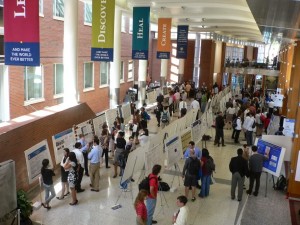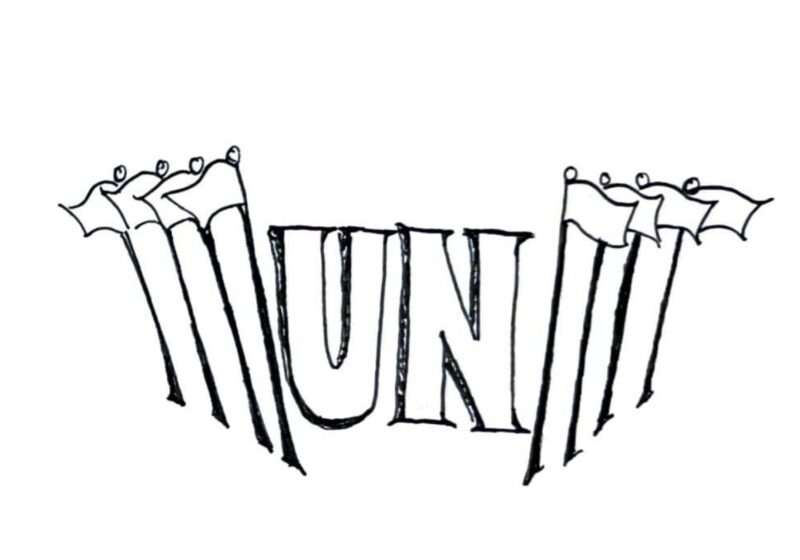“Nature Biotechnology,” a leading scientific journal published by Nature Publishing Group, recognized UR as one of the top ten universities for life sciences in 2013 in its November 2014 issue.
Universities were recognized for their life science commercialization activities and were ranked based on the number of licenses or options they executed. They were listed, but not ranked, by their gross licensing revenue, number of startups, number of awards, and amount of funding received from the US National Institutes of Health (NIH).
UR placed above the University of Massachusetts and Princeton University, coming eighth after the University of California system, University of Washington, Columbia University, University of Minnesota, New York University, Wake Forest University, and Northwestern University.
URMC’s Vice Dean for Research, Stephen Dewhurst, observed that UR is “one of the smaller universities on that
productivity.”
“It’s a recognition of the University’s success in technology commercialization,” he added. That type of national recognition has the potential to “make a student think very seriously about being interested in that career space and perhaps exploring it at the University.”
UR Ventures has a Technology Development Fund (TDF) for which students can apply. The TDF differs from NIH grants in that it allows graduate students to be the principal investigators on their own research grants, which Dewhurst noted is unusual.
Students also help drive the University’s discoveries and inventions with hands-on work in laboratories.
Robert Rose, a former graduate student at UR, is one of three University virologists who helped develop an HPV vaccine alongside scientists at other institutions. His thesis research was the basis for the University’s patent filing for the creation of harmless particles mimicking HPV 16.
According to a URMC press release, the University earns millions in royalty revenue “from licenses with Merck & Co. and GlaxoSmithKline for the underlying discoveries that led to the development of the vaccine.”
Dewhurst said, “That’s a very clear example of a student at the University who had a major impact on developing technologies that not only got commercialized, but made a tremendous difference to human health.”
Lai is a member of
the class of 2018.





